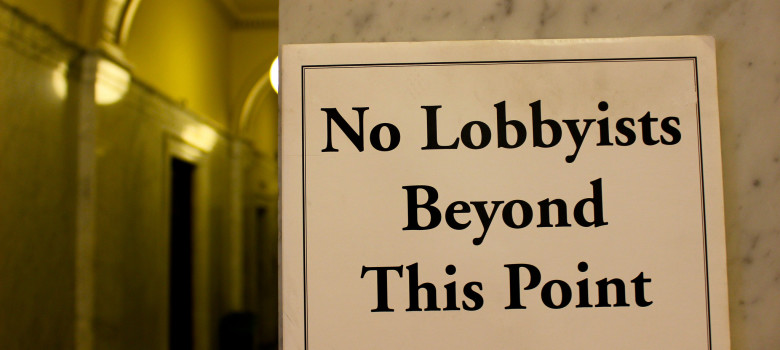Canadian Heritage Minister Melanie Joly appeared before the Standing Committee on Canadian Heritage yesterday, facing questions from MPs on a range of digital culture issues. In light of reports this week on lobbying efforts by Internet companies, Joly was asked about meetings with companies such as Google. Joly defended her interactions by noting that the meetings included discussions on Canadian content and emphasizing that she has had hundreds of meetings with cultural groups. That isn’t particularly surprising, but what should raise concerns was her suggestion that the groups rarely register the meetings in the lobbyist registry as required by law.
Joly told the committee:
the reality is that it’s very rare that the cultural sector registers with lobbyists. I’ve had many more contacts with the cultural sector. I’ve had tens, hundreds of meetings with them throughout the country, in French or in English…I’ve had many more meetings with them than the platforms.
It is obviously the responsibility of the organization – not the Minister – to comply with lobbyist laws. Further, the lobbyist registration and reporting rules only apply in certain circumstances and unpaid individuals – whether actors, writers, teachers, librarians, or concerned citizens – are free to meet with government officials without any registration requirements. The Lobbying Act applies, however, where an individual, for payment, communicates or arranges a meeting with a public office holder to discuss any policy or program.
The lobbyist registry records demonstrate that contrary to Minister Joly’s comment that it is rare to register, there are organizations that seek to comply as evidenced by regular communications reports from groups such as the Writers Guild of Canada or the Canadian Media Producers Association. Yet others are strangely absent from the required reports. For example, Joly’s twitter feed points to meetings that included ACTRA on September 14th (TIFF breakfast) and 15th (NAFTA). Those meetings may be the source of the registrations for the WGC and CMPA. Yet ACTRA has not filed a monthly communication report with anyone – no minister, MP, or government official – since February 2016. Given the number of policy issues in the sector and industry lobby days, it is hard to believe that there have been no meetings or activities that require registration over the past 20 months. The lack of compliance is seemingly not limited to ACTRA. Joly says she has had hundreds of meetings with cultural groups, but there are less than 50 meetings listed on the lobbyist register for all of 2017.
Joly did not seem particularly concerned by the lack of compliance with the lobbyist rules, but the law was established to ensure that the public knows who is engaged in lobbying activities. Joly’s comments and the lobbyist records suggest that there may be serious violations occurring with the Minister seemingly untroubled by the failure of her stakeholders to comply with their legal obligations. Given the wide range of issues that may be raised – ISP and Netflix taxes, copyright reform, cultural funding programs among them – dozens of secretive, undisclosed meetings with lobby groups violates the law and undermines public confidence in the fairness of the political process. Rather than pointing to it as an indicator of a responsive minister, Joly should proactively disclose all past registrable meetings and refuse further meetings until groups properly comply with the law.








Pingback: Monday Pick-Me-Up « Legal Sourcery
Pingback: Our Daily Reading List – 07/11/2017 – Blog – Clausehound
I thought, This regulation may need.